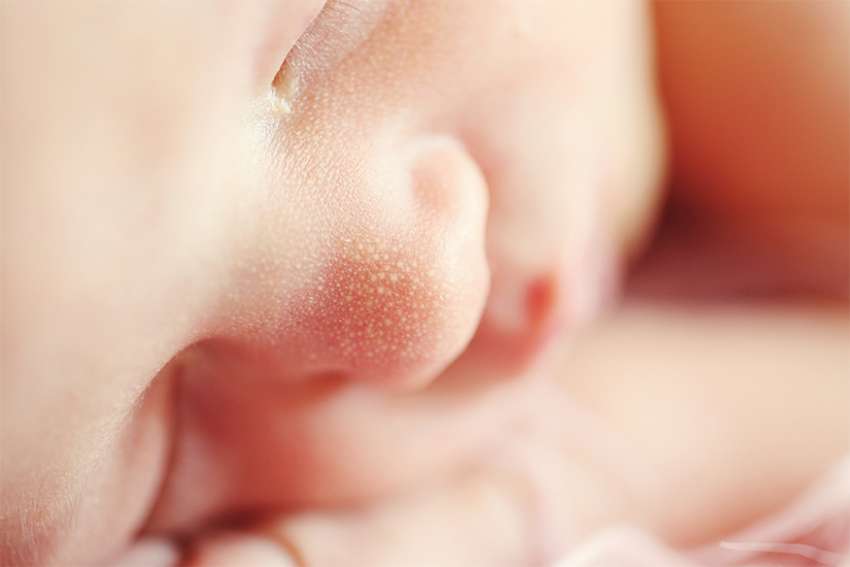However, even with this immense progress in human evolution, the 20th century was still scarred with some of the most atrocious human rights violations in world history.
Undeniably, people are upset about human rights injustices. They want to address the woes of the past, creating an ideal world with social justice for all.
The Rwandan genocide, the residential school trauma and the Holocaust occurred due to a lack of understanding of the innate value of human life. Thus, for society to really tackle these issues, the first step is to understand all human beings are equal and have intrinsic dignity — which is to be protected constitutionally under the law. This means recognizing the most fundamental human right: the inherent right to life.
If we are unable to collectively acknowledge the existence of the most vulnerable, pre-born life, we cannot tackle broader human rights issues. How can we help starving children in Africa when civilization decidedly excludes innocent unborn children from the basic right to life?
Popular pro-choice deductive reasoning which has taken root as objective truth in society and our legal system is contrary to the ideology of human rights. It doesn’t realize the biological or philosophical truth of the personhood of the life in the womb and instead reduces the individual as simply an “embryo” or “fetus.”
In fact, many outrageous human rights transgressions went unrecognized in their time because of popular definitions on who is considered a person and by extension who is deserving of human rights. Nearly a hundred years ago in Canada, for instance, women weren’t seen as people under the law and therefore couldn’t vote. With such a bad track record, Canadians shouldn’t be relying on the definition of personhood as provided by the state or the law; rather they should understand the dignity of a human being from a source that has never erred: God.
As Catholics, we believe that all humans were created in the image and likeness of God, thus creating a special person, deserving of love and respect simply because they are children of the omnipotent Father.
Though this is a spiritual outlook, biological and scientific facts second this as well. At the moment of conception, prominent biologists have indisputably argued that a unique life, a distinctive set of DNA and chromosomes, comes into existence — never to be recreated again.
As young Catholics, let’s rise to the challenge and become the first generation to address the issue of human rights head-on, starting with the most basic form of societal injustice: the fundamental right to life for all humans, whether in the world or in the womb.
(Vecchiato, 16, will begin Grade 11 at Loretto Abbey Catholic Secondary School in September.)


